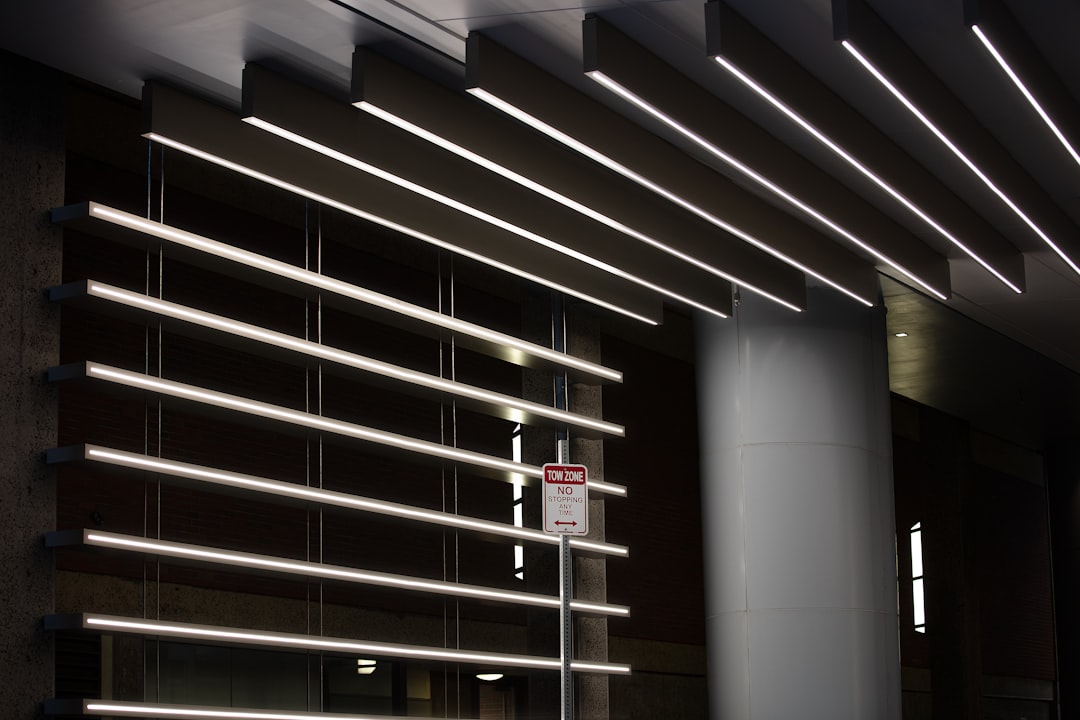
For trade professionals planning recessed lighting projects, precise cost estimation is essential for maintaining budget control and ensuring client satisfaction. As of February 2026, installation costs typically range from $125–$300 per light. Key factors influencing these costs include labor rates, materials, and project complexity.
To effectively manage your client’s budget, consider the following elements:
For new construction, a rough-in installation may cost between $65 and $175 per light. Retrofitting can increase costs to $150–$300 per light due to added complexity.
Consider a typical six-light living room installation costing approximately $700–$1,650. Breakdown includes:
Challenges such as non-standard joist configurations or outdated wiring can increase labor expenses. Recognizing these potential challenges helps ensure informed project planning.
Enhance cost precision and protect profit margins by integrating current market data and leveraging tools that provide real-time estimates. Pay special attention to projects involving complex electrical work or limited access areas.
Reduce costs with energy-efficient LED trims that significantly decrease electricity usage compared to traditional lighting methods. Utilize available rebates and financing options to present cost-effective solutions to clients.
Leverage digital estimation tools like CountBricks to streamline cost calculations and boost project efficiency. These tools automate data capture and continuously update material costs.
For detailed estimates tailored to your projects, visit our website or start using our voice estimate tool.

Explore how the Harris family improved their home lighting project with CountBricks’ expert guidance.
The client used our app to receive a precise quote of $1,800, covering LED cans, wiring, and custom dimmers.
Skilled electricians ensured adherence to the project budget and timelines, mitigating unexpected expenses through proactive planning.
Installation not only enhanced home lighting but also reduced energy costs, maximizing overall cost-effectiveness.
For further insights or to schedule a custom estimate, visit our website.